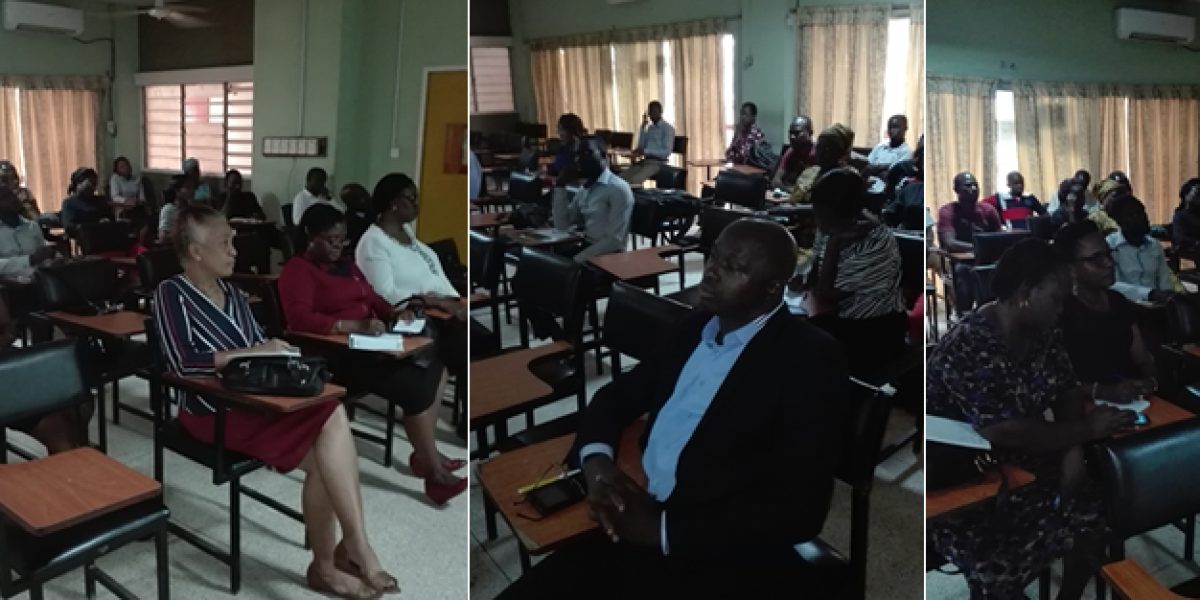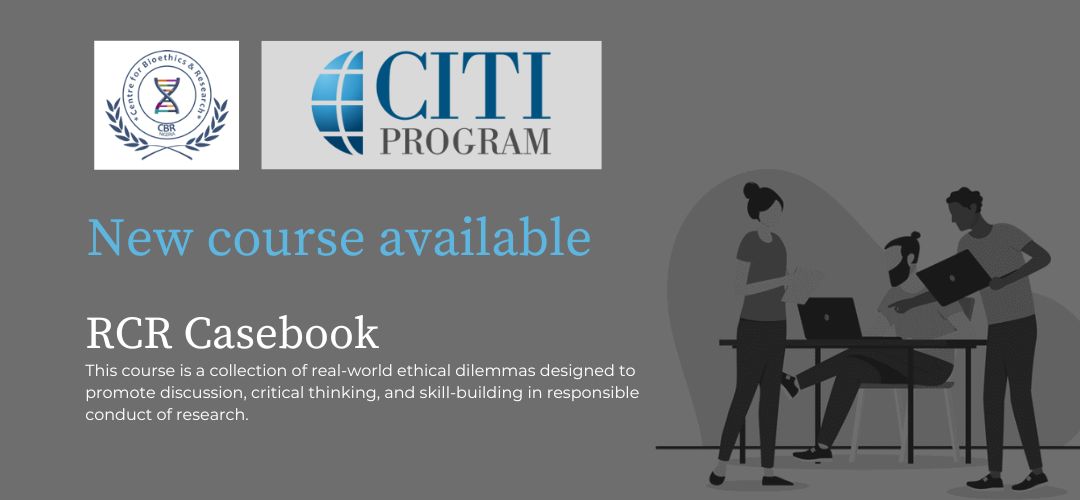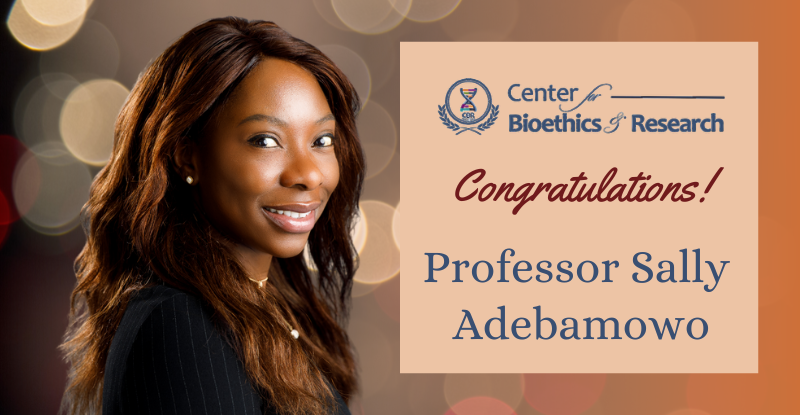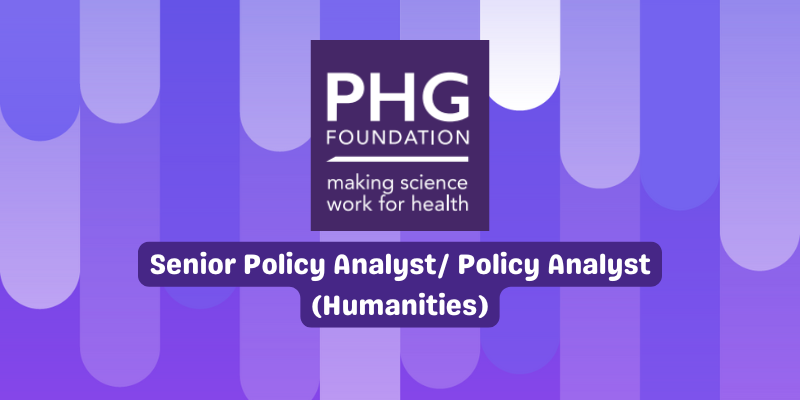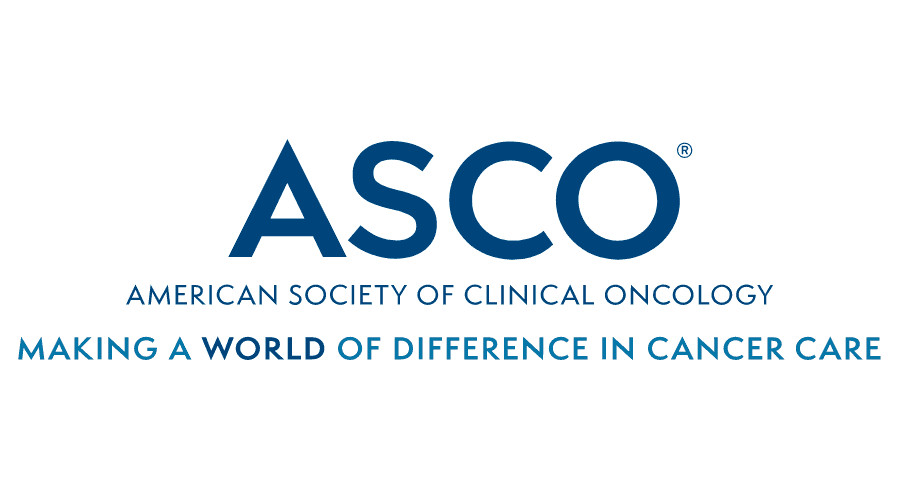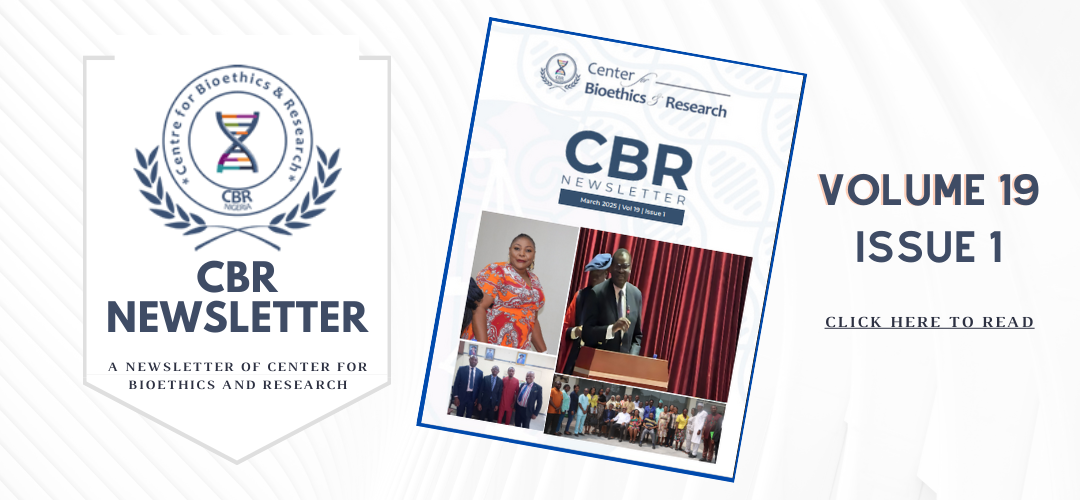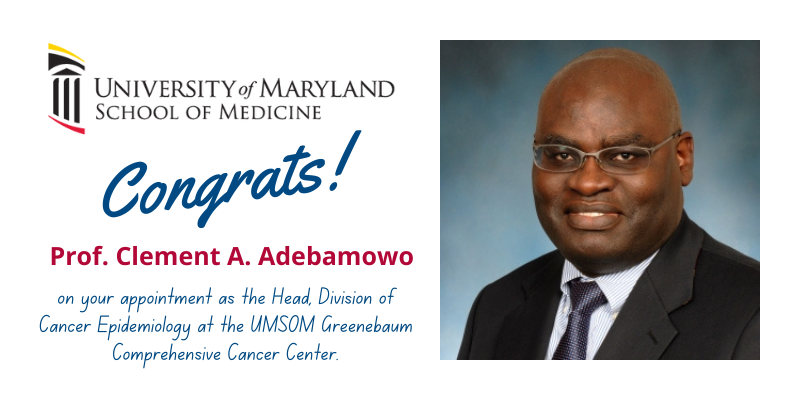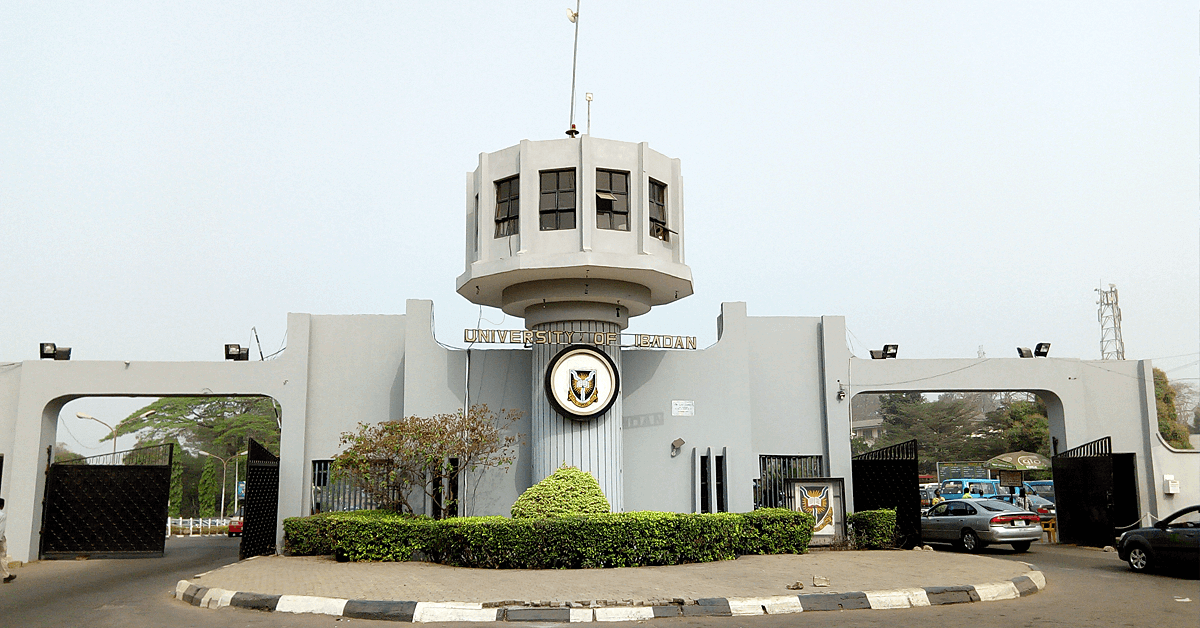Seminar was held at Dept. of Surgery, College of Medicine, University of Ibadan, Ibadan.
Wednesday 27TH September 2017.
Topic: Taboos and Ethics in Traditional African Medicine: The Unexplored Aspects.
The West African Bioethics Training Program (WAB) Monthly Seminar for September 2017 was held in the tutorial room of the Department of Surgery, College of Medicine, U.C.H, Ibadan.
Dr Jegede, a faculty member of the Institute of African Studies, University of Ibadan was the presenter for the Month, his presentation was titled ‘Taboos and Ethics in Traditional African Medicine: The Unexplored Aspects.
Dr Eyelade, the seminar coordinator welcomed everyone, and introduced the speaker of the day.
Dr Jegede began his presentation by saying that Africans believe there is an inherent ontological harmony in the created universe and any attempt to upset the harmony constitutes a diseased state. However, their operations and practices are strictly guided by existing natural norms and laws such as taboos, which when breached could be disastrous to human life. It is therefore in this sense that bioethics cannot be divorced from taboo and traditional religious-cultural perspective, as they are perpetually and intricately linked together. He explained that making conceptual clarifications, the word taboo in vernacular simply put is ‘aise’ meaning not done or undoable, because of the severe consequences and punishment that is attached to the act of doing it. Taboo is anything that is against the existing natural system which is detrimental to the operations of cosmological space. Traditional Medicine can be defined as the alternative or non-conventional modes of treatment often involving the use of herbs in a non-orthodox manner as well as the process of consulting herbalists, mediums, priests, witch doctors, medicine men and various local deities when seeking a solution to diverse illnesses.
Dr Jegede explained that Bioethics deals with the study of ethical implications of medical practice, especially with regard to the preservation of human life.
He explained the Significance of Bioethics to traditional Medical Practice as, traditional medicine deals with human life which is a volatile phenomenon. Therefore, for every medical practitioner, their paramount objective is to preserve human life; however, there is possibility of endangering human life if there is an error or violation of certain taboos guiding the practice and the potency of traditional medicine. He explained that the methodology of the study adopts the theory of building upon the indigenous of Claude Ake in which he argues that the uncodified or unwritten ethics of the people can still be codified and commodified so as to entrench good medical practice in traditional medicine. When the ethical codes of the traditional medical practice have been adequately explored and codified, it would not only become properly established but would also serve as the major drive and the guiding principles of the practice itself which must be respected by every traditional practitioner.
A fair picture of traditional medical practice in Africa must invariably be a picture of specialists trained in their own way, in the acquisition of an impressive wealth of knowledge around herbs and other materials of therapeutic value.
Dr Jegede mentioned that in a number of countries, some of which include China, India, Japan and Iran, traditional medicine has become fully recognised as an integral part of health care system and one of the care options on offer. Nigeria has not reached this level but it is possible if professional ethics and taboos guiding the practice of traditional medicine are well codified. He said Ethical observation remains highly central to every African society, and there are numerous existing taboos purposefully designed to make man comply with the principles of natural cosmology, and to further harmonise their relationship with nature so as to secure human life and promote proper exploitation of natural resources, which is key to bioethics in traditional medicine.
Dr Jegede added that the positivisation of the traditional medical space is deeply embedded, he explained the Client-clientele Relationship through the sayings, ko si ku, ko si arun (there is no death, there is no sickness), a ki i gbo buburu lenu abore (one should not hear of evil from a priest), ire ni mo ri, ire na lo ma jasi, ebo la ma ru and so on.
He mentioned that these sayings majorly aim at assuaging the fears and anxieties of the clients as well as reassuring them of the possibility of being cured of their illnesses despite inherent challenges, imminent danger, pains and sufferings accompanying both the malignant and benign forms of illnesses.
However, by implication, the level of composure and calmness on the part of traditional practitioners profoundly has therapeutic effects on their clients because it constitutes massive relief which consequently lessens the emotional and psychological stress and pressure of such clients.
Dr Jegede concluded by saying Bioethics in traditional medical practice constitutes a very important field that has been largely ignored, which therefore must be brought to limelight for it to be properly explored, and in the long run subsequently codified. This he added is even more important since there are existing taboos in the Yoruba cosmology that must be observed for the safety of human life and the promotion of peaceful coexistence between man and the natural environment.
Prof Baiyewu commented at the end of the presentation that some countries like China that practise ‘Acupuncture’ as traditional medicine have found ways to improve on it such that it is now legally recognised in that country as an alternative to orthodox medicine for treatment of different kinds of illnesses and diseases, he added that it will be good if such a move can be adopted in Nigeria by practitioners of traditional medicine.
Prof Jegede also commented that it is important for practitioners of traditional medicine to improve on the techniques and practise of the craft, and upgrade to modern day demands. It is not enough to rely on information that was inherited from the olden day’s practitioners of traditional medicine, and apply those to present day situations.
Dr Eyelade thanked everyone for coming and gave the closing remarks.

